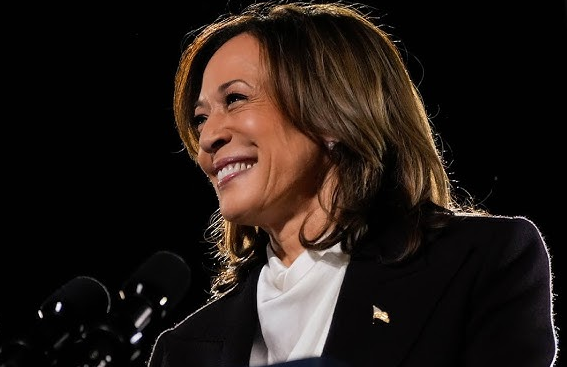In the aftermath of the 2024 election, Vice President Kamala Harris finds herself at the center of intense reflection, following a campaign that leaned heavily into progressive ideals and “woke” policies. Harris’s approach, marked by a focus on social justice and progressive values, ultimately did not resonate widely with voters, paving the way for Donald Trump’s return to the White House. The outcome serves as a stark reminder that, in today’s polarized political landscape, the pursuit of progressive causes can come at a political cost—a tale summed up by the phrase, “Go Woke and Go Broke.”
Harris’s campaign addressed issues that energized her base, championing causes such as climate justice, expanded social programs, and reforms in areas like policing and voting rights. These policies, however, may have alienated moderates and independents who sought more centrist leadership. Many voters expressed concerns that some of Harris’s policies went too far left, diverging from the pragmatic, economic focus they favored during challenging times. Harris’s critics argued that the campaign’s priorities seemed disconnected from everyday economic issues, focusing instead on identity politics and cultural debates that didn’t resonate with a broader audience.
A clear example of this dynamic was Harris’s strong support for policies on climate change and social justice that, while praised within progressive circles, were viewed skeptically by voters worried about inflation and rising energy costs. Opponents were quick to point out the disconnect, questioning the feasibility and cost of the measures Harris championed. The campaign’s focus on expansive government programs drew criticism from those concerned about fiscal responsibility, and opponents argued that these priorities didn’t align with economic realities.
Additionally, Harris’s endorsement of “woke” policies sparked vocal resistance in key demographics, including working-class voters and those in suburban regions. The emphasis on progressive ideals, critics argued, overshadowed more pressing concerns, such as inflation, job growth, and security. The result was a campaign that appeared to cater to progressive activists but struggled to capture the support of swing voters critical to electoral success.
For Harris, the election serves as a potent reminder that American voters remain divided on progressive social policies. The phrase “Go Woke and Go Broke” has often been used to describe businesses or public figures whose ventures fail after adopting strongly progressive stances. In this case, it has become a symbol of Harris’s political journey, where aligning with progressive ideals ultimately limited her appeal to a broader electorate.
As the Democratic Party reflects on the election, Harris’s tale may serve as a cautionary example. Moving forward, Democrats may consider balancing progressive values with the concerns of a wider range of voters. For now, “Go Woke and Go Broke” encapsulates the difficult reality of Harris’s campaign and the limits of progressivism on the national stage.

